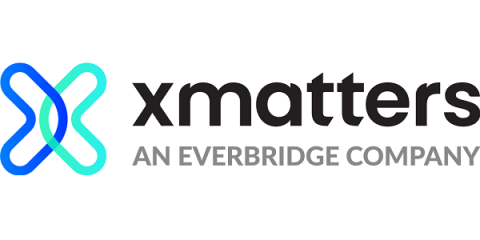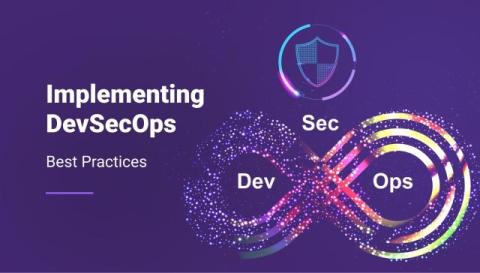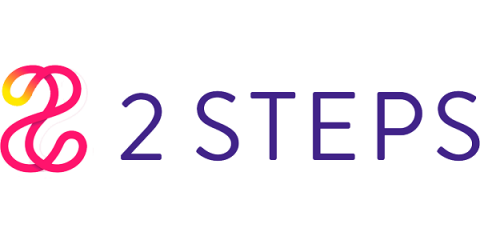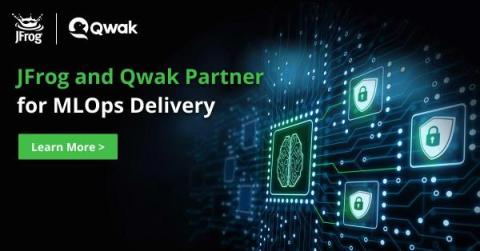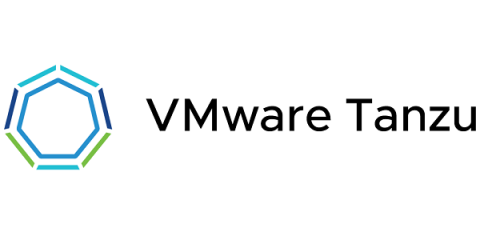11 DevSecOps Benefits & Value to Your Business
Data security and DevSecOps should be top priorities for every business, but some of us may fear the complexities of implementation. Many organizations are still shelving security concerns in favor of quick IT upgrades and software development. Security is no longer optional. Changes to the laws that govern the collection and use of personal information have forced many to prioritize security sooner rather than later.


